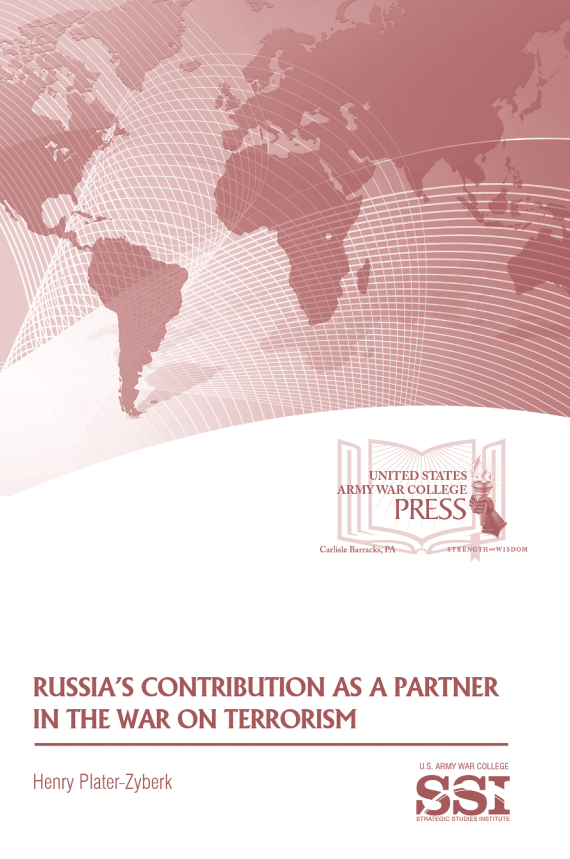 Author: Mr Henry Plater-Zyberk
Author: Mr Henry Plater-Zyberk
View the Executive Summary
This monograph examines terrorism and counterterrorism from the Russian perspective so as to assess prospects for cooperation with Russia in fighting terror. It concludes that, regardless of the state of political relations between Russia and the United States at any given time, longer-term systemic and conceptual obstacles to meaningful cooperation may well prevent any significant Russian contribution to U.S. counterterrorism efforts. This monograph details Russian definitions of terrorism and then looks at the Russian security “pyramid,” which sets out the relevant authority structure. It examines the roles of coordinating bodies such as the Security Council and the National Anti-Terrorist Committee, before looking at the individual organs involved in counterterrorism operations, particularly the Federal Security Service and Ministry of the Interior. The monograph then explores the most important question for Russia in terms of terrorism, the North Caucasus, and finally explores the wider context of the relationship between Russia and the West, particularly the United States, looking at the lengthy list of tensions affecting that relationship even before Russia's seizure of Crimea, which took place after the monograph was completed.